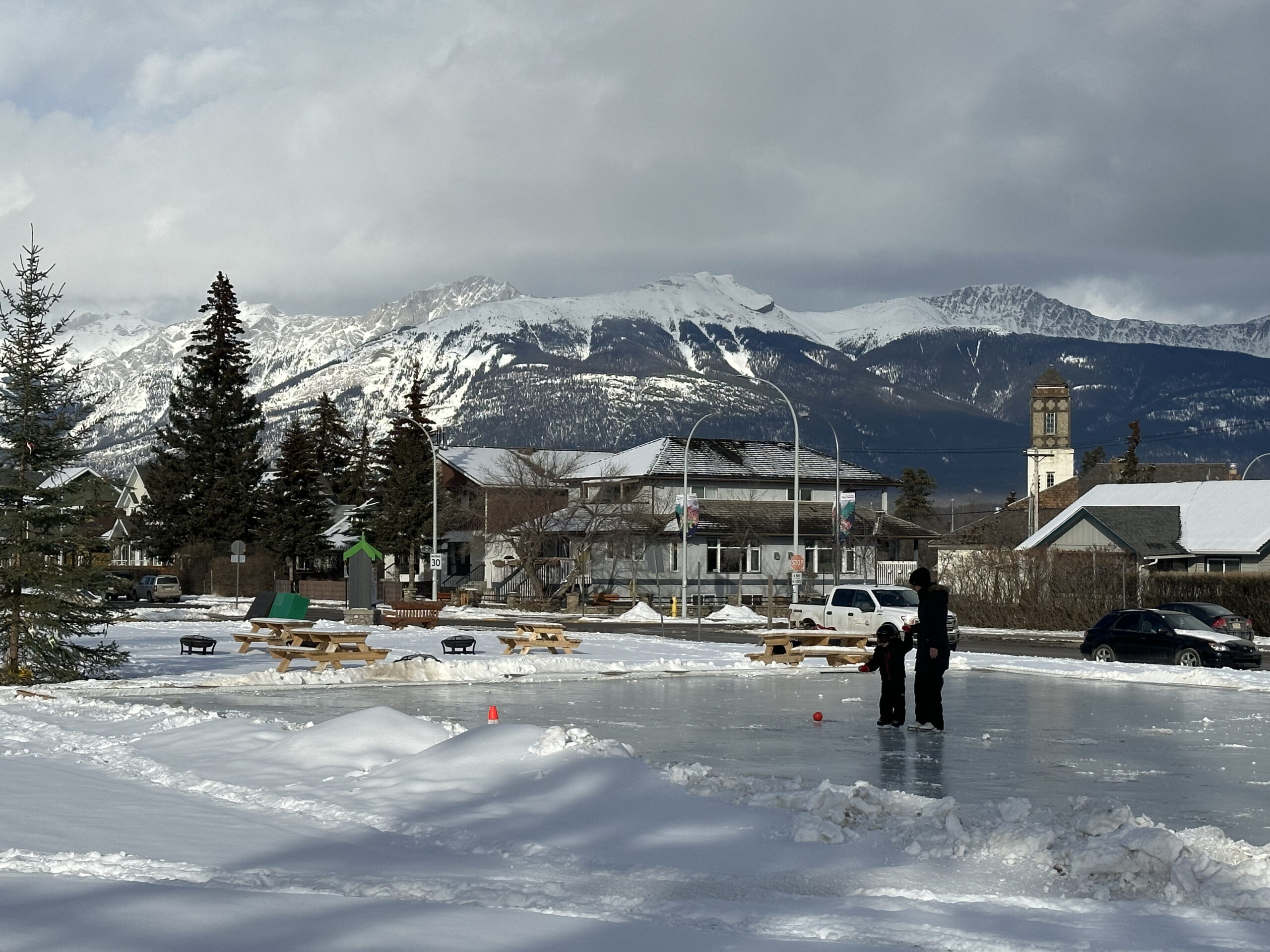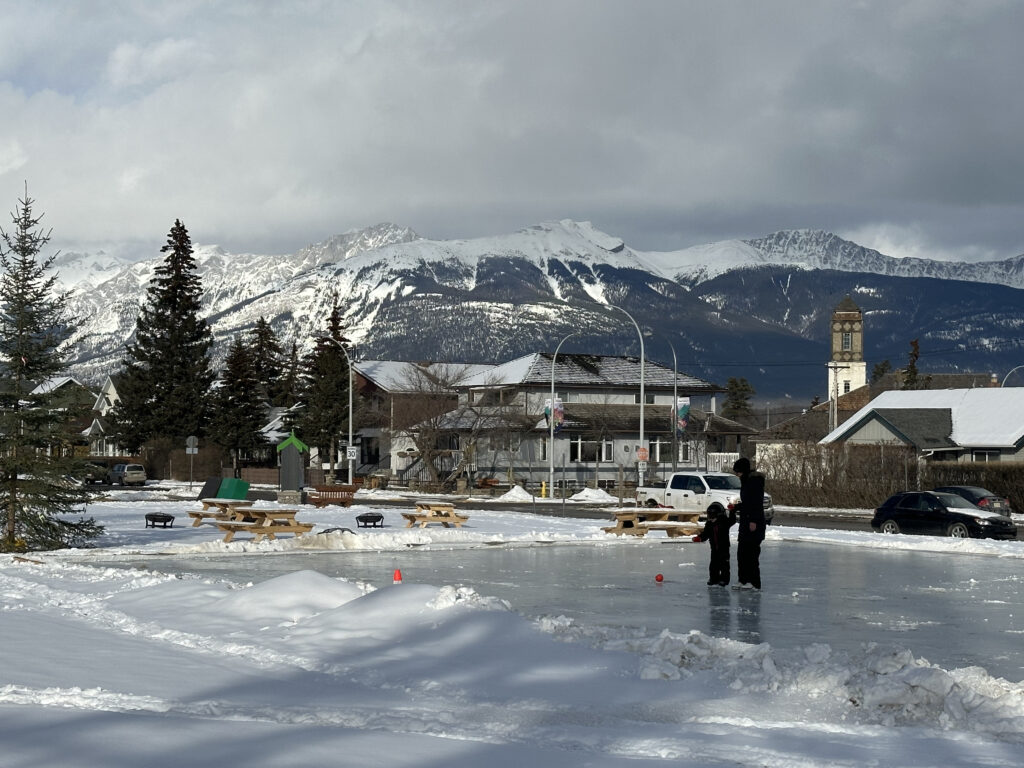Overview
The Municipality of Jasper received $79,500 for the completion of a Climate Risk Assessment. Jasper engaged The Resilience Institute and Associated Engineering to analyze climate data for the region and draft the Climate Risk Assessment Report.
This project was funded by the Government of Alberta, through the Municipal Climate Change Action Centre’s Climate Resilience Capacity Building Program.
Approach
The specialized Municipality of Jasper is located on Treaty 6 and Treaty 8 territories, and fully contained within Jasper National Park which is a UNESCO World Heritage Site.
Council is comprised of the Mayor and six Councillors, and the community’s economy is almost exclusively focused on the tourism industry, hosting nearly 2.5 million visitors annually.
This work was completed to identify potential climate risks Jasper faces and to lay the groundwork for developing an adaptation strategy to mitigate these risks.
The project began with engaging community leaders to define and confirm the project’s scope, alongside discussions on climate hazards. The project used a mixed method approach with dedicated in-person sessions for both municipal staff and the general public, as well as an online component through Jasper’s digital engagement platform. A desktop review of existing plans and local data was conducted, supplemented by in-person and optional virtual community discussions.
Feedback was actively sought and incorporated from community leaders on draft risk scores, impact statements, and the final report, ensuring a participatory approach throughout the project’s phases.
Results
Jasper’s Climate Risk Assessment examines the impacts of climate change on the localized built, natural, and social/cultural systems. The assessment generally looks out to a future 30-year time period centered around the 2050s.
The Climate Risk Assessment Report revealed several key findings. Jasper can expect warmer temperatures across all seasons, a significant reduction in freeze-thaw days, shorter winters, and an increase in extreme rainfall events, including freezing rain.
The risk of wildfires will also remain significant, exacerbated by variable drought and rainfall patterns and rising temperatures.
Based on the findings, Council has directed administration to develop a Climate Change Adaptation Action Plan to mitigate these risks.
Benefits
Understanding the specific challenges posed by climate change has increased elected officials’ awareness of the real and likely impacts on Jasper, rather than thinking about climate change as strictly a global issue.
The project has also provided an actionable set of next steps that Jasper can incorporate into work plans going forward.
The CRCB grant allowed Jasper to develop a climate risk assessment that is both accessible for citizens and actionable for the community. The ability to bring in technical experts allowed us to produce an end product that wouldn’t have been possible for a municipality of our size.
Bill Given, Chief Administrative Officer






You must be logged in to post a comment.